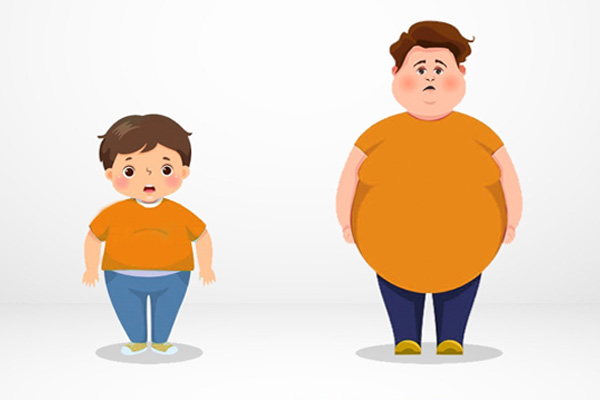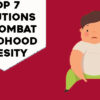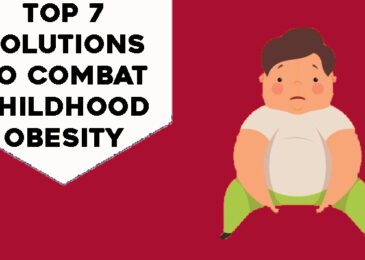
Childhood obesity is a growing concern in many countries, as the number of children who are overweight or obese continues to increase. Obesity in childhood can have serious health consequences, both in the short-term and the long-term. It can lead to a host of physical and emotional problems, including type 2 diabetes, high blood pressure, heart disease, sleep apnea, and a decreased quality of life.
Causes
The causes of childhood obesity are complex and multi-faceted. They include genetic, environmental, societal, and individual factors. Genetics can play a role, as some children may be predisposed to becoming overweight or obese due to their genetic makeup.
Environmental factors such as lack of access to healthy food options and safe places to play and exercise can also contribute to childhood obesity. Societal factors such as marketing and advertising of unhealthy foods, and the availability of high-calorie, low-nutrient foods in schools and communities, can also play a role.
Individual factors such as lack of physical activity and sedentary behaviors such as spending too much time in front of screens can also contribute to childhood obesity.
Preventing and treating childhood obesity
Preventing and treating childhood obesity requires a multi-disciplinary approach that involves the whole family. This includes promoting healthy eating habits, increasing physical activity, and creating supportive environments that make it easier for children to make healthy choices.
It’s also important to address the emotional and psychological aspects of weight management, as children who are struggling with their weight may experience low self-esteem, body image issues, and depression.
Parents and caregivers can help by providing healthy, nutritious food options, encouraging physical activity, and limiting screen time. They can also set a good example by maintaining a healthy lifestyle themselves.
Schools can also play a role by providing healthy food options and promoting physical activity during the school day. Community programs such as recreation centers, parks, and sports teams can also provide opportunities for children to be physically active.
It’s important to note that weight loss and weight management should be approached with care and sensitivity, as children are still developing both physically and emotionally. It’s important to work with healthcare professionals and other qualified experts to develop a plan that is safe and effective for each child.
In summary, childhood obesity is a complex issue that requires a multi-disciplinary approach to address. It’s important to create supportive environments that make it easier for children to make healthy choices, and to address the emotional and psychological aspects of weight management.
Parents, caregivers, schools, and communities all play a role in preventing and treating childhood obesity, and it’s important to work with healthcare professionals and other qualified experts to develop a safe and effective plan for each child.



